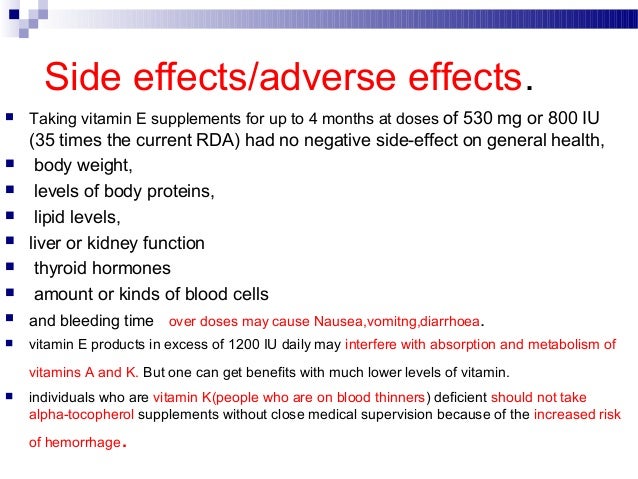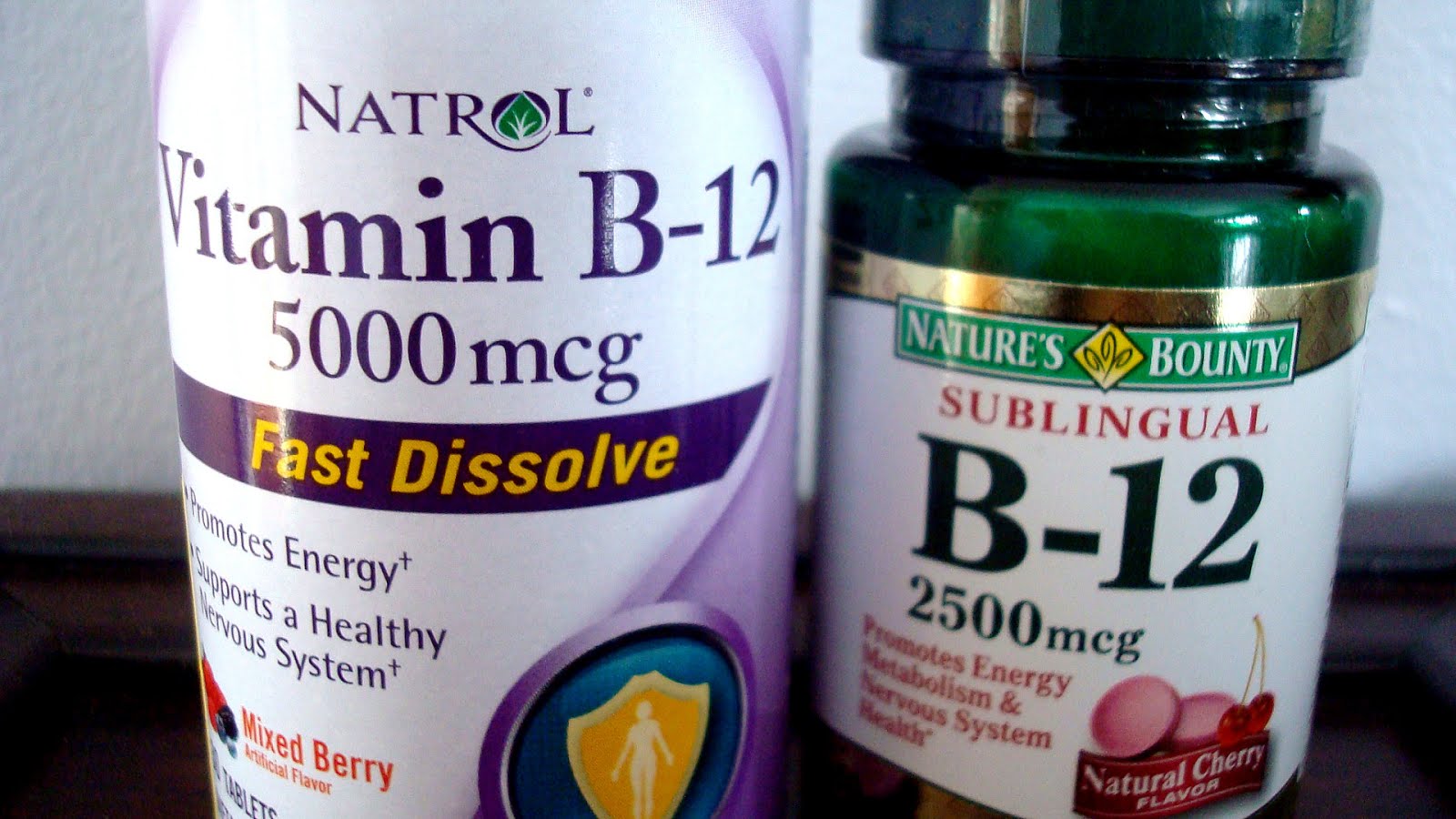

So, we do not yet know the full range of effects when too much is given. However, limited studies have been done on animals.

Vitamins side effect skin#
Niacinamide is sometimes given as a supplement to treat inflammatory skin conditions. Vitamin B3 is a vitamin family made up of three forms: niacinamide, niacin, and nicotinamide riboside. To date, though, no exact toxic amount is described for dogs, and the other dog supplement side effects of vitamin E are unknown. This is especially a risk for dogs with bleeding disorders. In cats, high levels of dietary vitamin E can cause prolonged bleeding times. However, vets warn that excess supplements could lead to blood clotting problems for dogs. To date, there are no published reports about vitamin E toxicosis in dogs. Luckily, most high-quality dog foods contain just enough vitamin E for your dog. It is good for your dog’s immune system, muscles, nerve cells, and skin. Vitamin E is a category of essential, fat-soluble vitamins. So, what are the risks of giving each supplement? And what signs should pet parents look out for when it comes to the side effects of dog health supplements? Vitamin E Many pet parents give their pups extra doses of supplements in hopes of making them even healthier, only to result in ill health for their furry friend. While supplements for dogs undoubtedly help thousands of dogs every day, they can also do more harm than good for other dogs. Health Supplements and Their Side Effects Dogs fed a homemade diet, may require supplements to ensure that they are getting enough vitamins with their meals. Your vet will also want to monitor your pet’s progress on the supplement so that they can adapt their treatment plan. Certain supplements can interact with your dog’s medication or make them feel worse. It is crucial that you talk to your vet before giving your pet a supplement for their medical condition.

To find out more about these problems, read on with us. Similarly, giving too much iron can cause bloody vomit and diarrhea.

For example, giving too much calcium can lead to hypercalcemia in dogs. Although we all have good intentions when we give our dogs extra supplements, giving too much of a good thing can be a bad thing. But is it worth giving dog health supplements? Are the side effects of dog health supplements more of a risk than a benefit? And when is it appropriate to give your pooch a serving of health supplements?ĭog supplement side effects are a growing risk for pets. They are available in many places, ranging from your local pet store to your veterinarian’s office. As pet parents, we are inundated with hundreds of supplements everywhere we look.


 0 kommentar(er)
0 kommentar(er)
